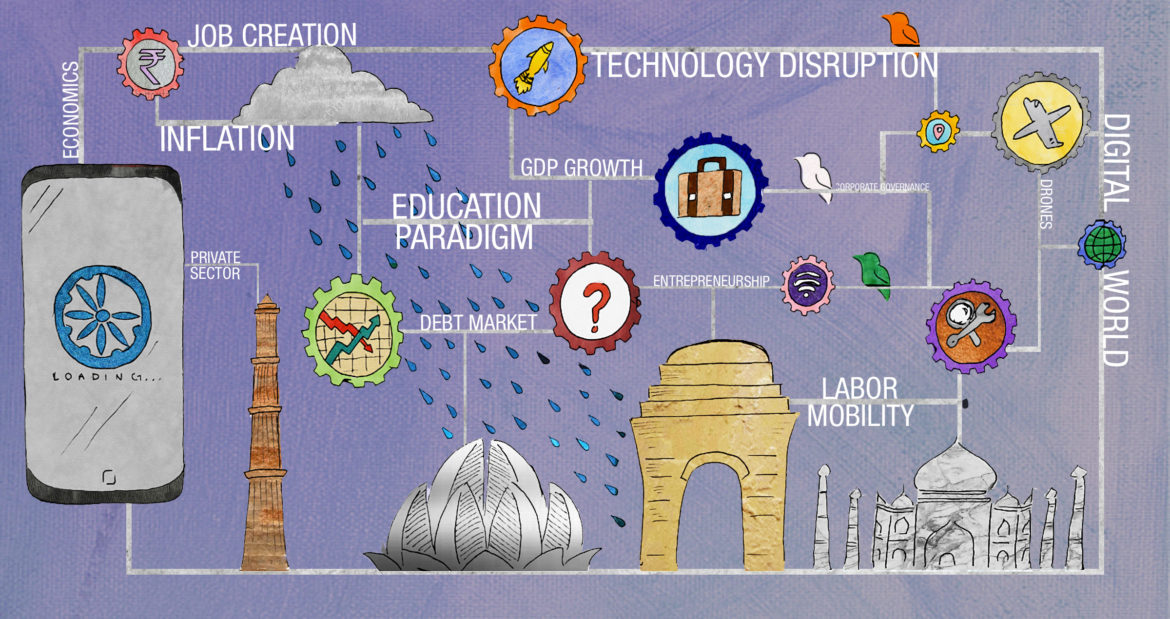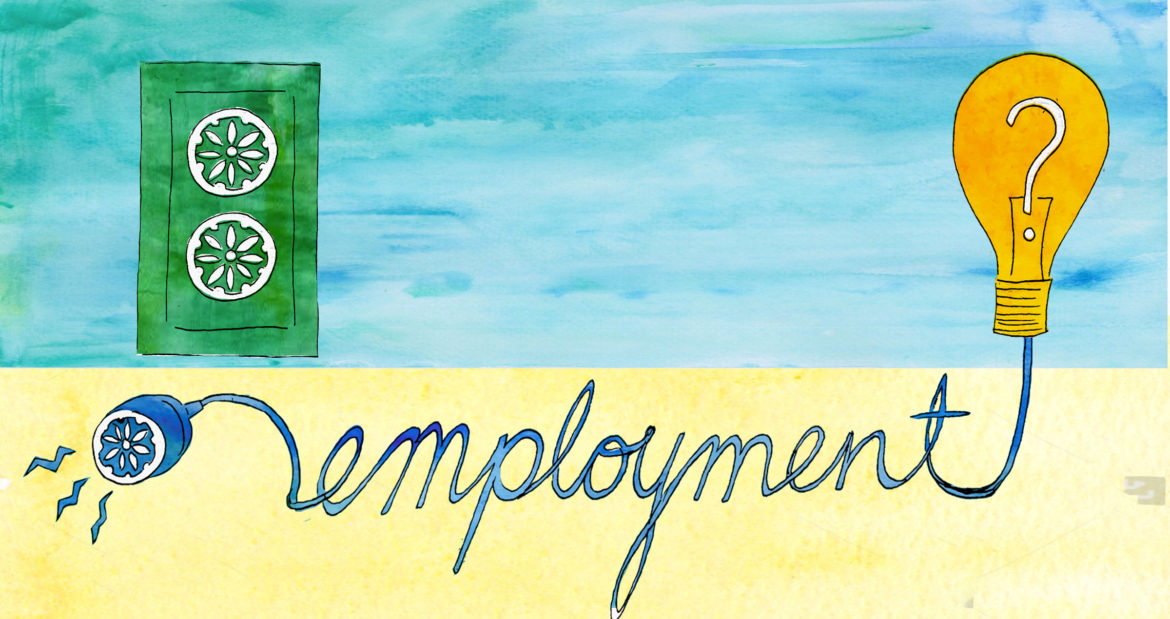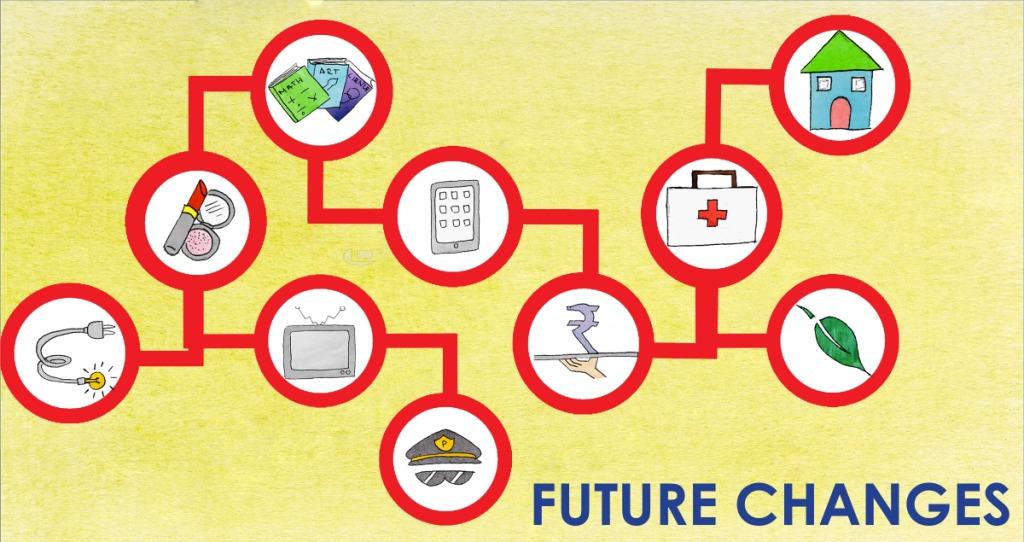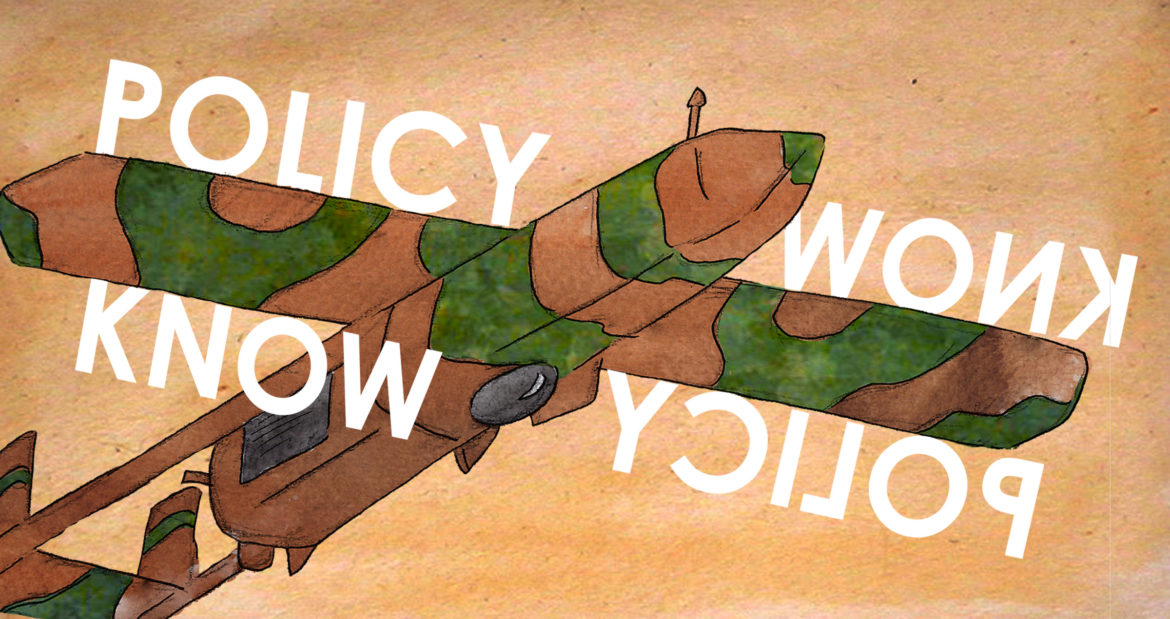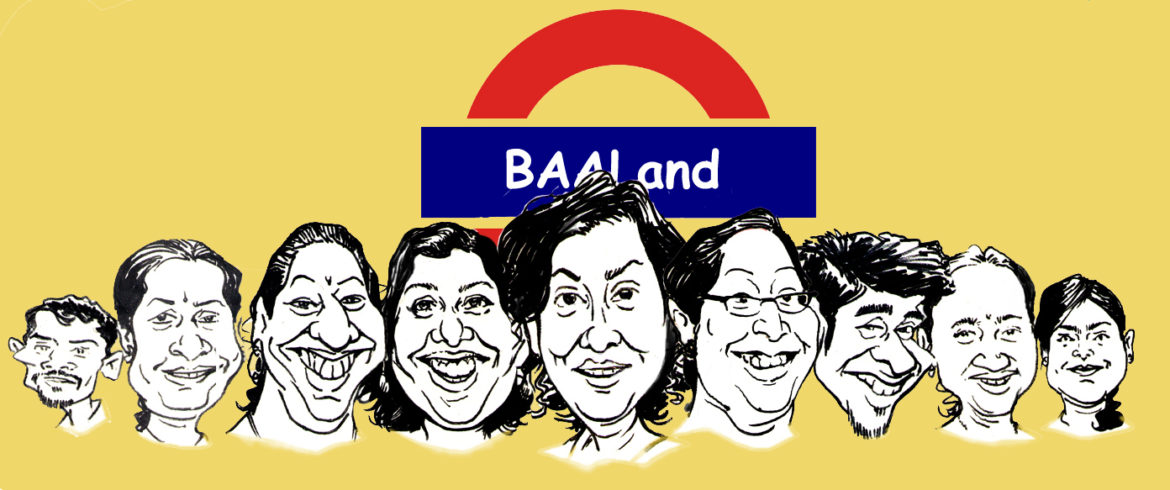Last month I offered an illustration of how travel rejuvenates a person, often helping one rediscover a friend’s best qualities. This month’s piece is about travelling with strangers and getting to know them better.
Current Issue
August – September, 2017
Our last issue helped you escape to distant lands visited by our writers, this one brings you back to reality with an exploration of current economic and sectoral trends. This month we give you plenty of food for thought on topics such as employment, energy, infrastructure, technology etc. With various experts writing about their domain, you can look forward to understanding the background to some current trends as well as being exposed to a few forecasts for the future. So throw away that crystal ball and get started on Fundamatics instead!
Dr. Romesh Wadhwani, founder of Symphony Technology Group and a philanthropist addressed the crowd of around 1000 IIT ians at a Global Business forum in Goa on October 16, 2015. His keynote, just after audacious growth targets and expectations were set by the senior members of the IIT Bombay team and the Government representatives, was grounded in a very important but neglected parameter in India’s growth story, that is employment!
As media works overtime to hype the issue of job losses in Indian IT, the reality is that writers of code are threatening their own jobs! Increased automation and use of tools make it easier and less labour intensive to create software. This is mirroring what is happening in a host of industries, whether manufacturing or services.
Every technology disruption has led to job losses, and destruction of entire industries or professions. But this time around, we appear to be in a veritable technology storm. Not one, but many (many!) technologies are supplementing and accelerating each other. (Some call it convergence?!)
Slowing job growth across the world, coupled with very visible job losses in retail, media, banking, manufacturing, and most traditional/mainstream industries has led to pessimism. After all, in future: cars will drive themselves; machines will print products; algorithms will trade shares; bots will service customers; software will conduct interviews; …
Naturally, people are scared. Wouldn’t you be?
As the digital revolution transforms every aspect of our lives – from how we create and consume products and services, to how we communicate, entertain, and relate to one another, the implications for chief executives and boards of directors are almost immeasurable. This comes as public trust in “big business,” according to a 2016 Gallup Poll, is ranked near the bottom of all public institutions – well below even the news media, and just edging out Congress! Given the lack of public trust due to the financial crisis and the way technology is shifting the employment environment, this is not too hard to understand. What is clear, is that corporate governance must evolve to reflect these rapid and profound economic and societal changes that are happening by the moment.
[This article was written on March 15, 2017.]
Since taking over the reins of the Government, Hon’ble Prime Minister of India Shri Narendra Modi has taken several steps to create ease of doing business and has also ensured that infrastructure creation goes on at a fast pace. Several countries from Japan to UAE to Saudi Arabia have shown keen interest in investments in India, some of which are now going to go on to the implementation stage, like Mumbai Ahmedabad High Speed Bullet Train, Mumbai Nhava-Sheva Sea link and Smart Cities.However, several of the government projects such as Smart Cities are not able to take off due to lack of funding available for them.
The Mumbai Police banned all flights by drones and light flying objects, as reported by the Times of India (ToI) dated March 1st, 2017. The ToI piece also dwelled on the impact of this order on the drone-based educational activities conducted by three engineering colleges in Mumbai including IIT Bombay. The concerned police officer has been reported to be very emphatic about the need for such a strict action in view of the security threat posed by the drones. As I remember, there were reports of suspicious drone activity near the airports in the country. There have been reports of terrorist sleeper cells, and terrorists have demonstrated their tech-savvy-ness earlier. So, the perception of the security threat is legitimate and valid.
It’s like any other addiction, I suppose. One needs a fix, may be not right away, but the hankering continues until satisfaction looms inches away. The frequency varies but the desperation rarely does. One can feel it in the bones, evoking a very physical response. Occasionally living vicariously feeds it, but mostly it makes it worse. Like other addictions, it invariably causes problems. Especially of the financial kind. How does one without deep pockets feed the habit?
Once upon a time, there was a Sindbad. And a Gulliver. Mythical guys. There were also some guys named Marco Polo and Magellan and Columbus and Vasco De Gama and Captain Cook, who were not so mythical. Between them, they discovered strange, mystical and fascinating lands which are a part of every tour operator’s offering. Today, the travel industry has grown into a huge hydra headed monster.


